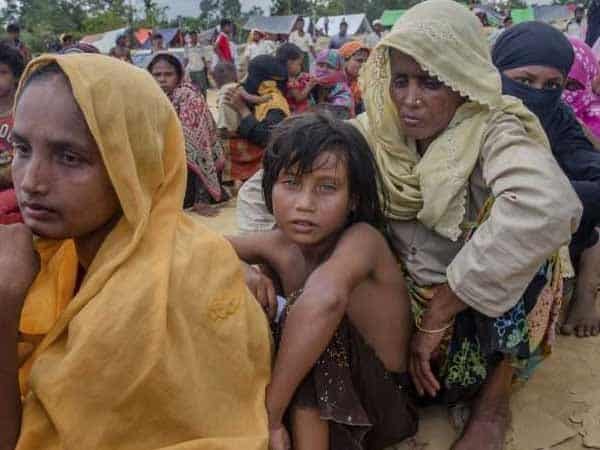Washington: The United Nations on Friday confirmed that more than 270,000 Rohingya refugees in Bangladesh have been registered and provided with identity cards (ID) for the first time in an attempt to safeguard their right to voluntarily return home to Myanmar in the future.
In a statement, the UN Refugee Agency (UNHRC) said that despite living in Myanmar for generations, the refugees were not able to acquire formal citizenship and documentation that comes with this, leaving them stateless and deprived of basic rights.
“Having an identity is a basic human right,” said UN High Commissioner for Refugees Filippo Grandi during a recent visit to Cox’s Bazar.
“And remember: many of these people, all their life, did not have proper identification. So, for them, it’s also an incredible step into a more dignified life,” he said.
The exercise also improves the accuracy of data on refugees in Bangladesh, which will help the authorities and humanitarian partners to better understand the needs of the refugee population.
It will allow them to plan and target assistance more effectively, particularly for vulnerable groups such as children, women, and those with disabilities, the agency said.
According to the statement, the Rohingyas have been registered using bio-data and biometric data, including fingerprints and iris scans to provide them with a unique identity.
At the end of the registration process, refugees receive a plastic ID card that includes a photo, and basic information such as date of birth and gender.
Only refugees over the age of 12 receive the card but families also receive an attestation showing the details of all family member.
In addition, all information on the documents is in English and Bengali and indicates Myanmar as the country of origin. The documents were developed in cooperation with the Bangladesh government, and carries both government and UNHCR logos, the statement read.
“They understand that this exercise has nothing to do with the forcible return,” Nurul Rochayati, UNHCR registration officer in Bangladesh, explained.
“This exercise is to establish their protection in here and to establish their right to return. They will return when they’re safe, in safety and dignity,” he said.
Some 740,000 Rohingya refugees reportedly fled a military crackdown in August 2017 to cross into Bangladesh where 300,000 members of the persecuted Muslim minority were already in camps.
[source_without_link]ANI[/source_without_link]

